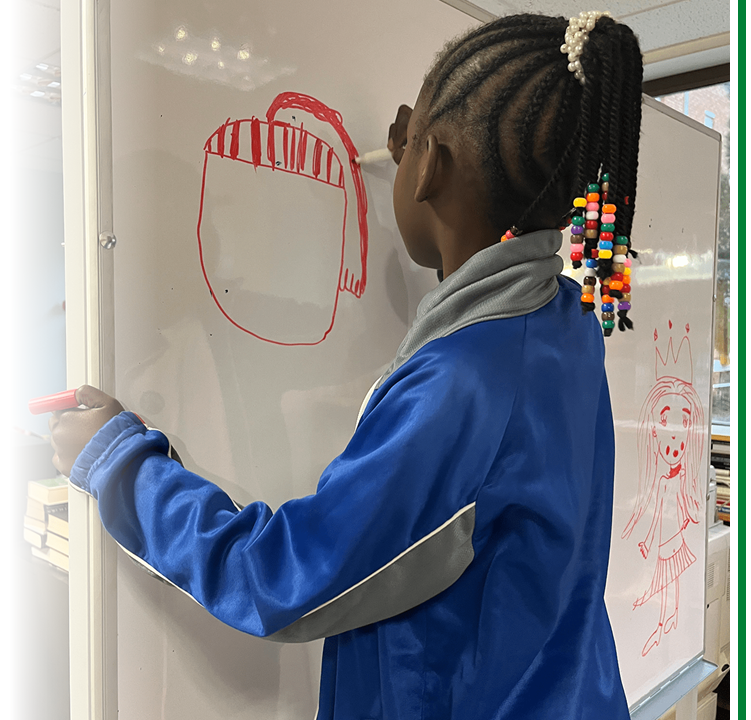Children's Agency
In recent works, Abebe (2019) invites us to reconceptualize child agency in two ways: first, he proposes understanding children’s agency as a continuum, which implies, in addition to conceiving agency as partial and contextual, that it is also a flow that “it is situated in the practices and actions that transform both the immediate and future lives of children. (…) the agency is being permanently negotiated between children, families and communities, while they navigate tensions between personal and collective interests” (Abebe, 2019: 8); and second, he believes that children’s agency must be interpreted as interdependent.
